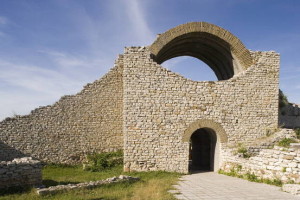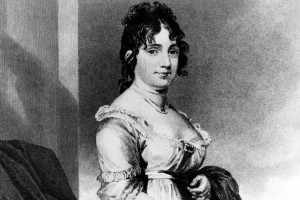What would you do if you lived in a country where in order to obtain an abortion you, or a woman you know, had to consent to being raped by a stranger before the procedure could take place? Where this year the majority party tried to pass a bill that would force women to carry a dead foetus to term. Where four months ago a woman was sentenced to 30 years in prison for charges including “foeticide”.
Where your access to birth control is subject to the whim of local politicians and your chance of dying during pregnancy or childbirth is at least three times higher than in any “civilised” country.
I suspect you would look longingly at the West and wish there was some way of getting there. You might even end up as one of the thousands of illegal immigrants who risk their lives to enter America. In which case you would have wasted a great deal of money and effort, since the country I’m describing is America.
Did your brain just do a flip? It seems hard to credit, doesn’t it, when most countries that have draconian sexual reproduction laws also tend to lack indoor plumbing or women drivers. When people think of sexual perverts who use religious ideology as a smokescreen for abusing women they usually have the Taliban in mind. It turns out Americans don’t need to go so far afield; we have our own version right here at home.















